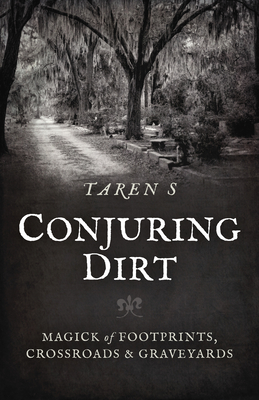
description
yptic books and unfounded "end-times" theology, New testament scholar David deSilva has written a book to help readers thoughtfully and properly approach Revelation as it was intended to be read. A very helpful treatise, deSilva's Unholy Allegiances: Heeding Revelation's Warning explores the world of first-century Roman Asia, the context in which Revelation was written, explaining why John wrote such a graphic and startling message to the people of God. While many books today offer innovative "decodings" of Revelation, deSilva reminds us that John's letter is, in fact, not a historical blueprint for prophecy and prognosticism but a letter about the dangers that the church faced under the rule of Rome following the resurrection of Jesus-a warning that is apt today as it was almost two-thousand years ago. The true power of the book of Revelation is not in a mystical unfolding of the future but in its confrontation with the unholy allegiances already at work in the world. It's time to pay attention without playing ender's games. It's time to take Revelation seriously.
member goods
No member items were found under this heading.
Return Policy
All sales are final
Shipping
No special shipping considerations available.
Shipping fees determined at checkout.







